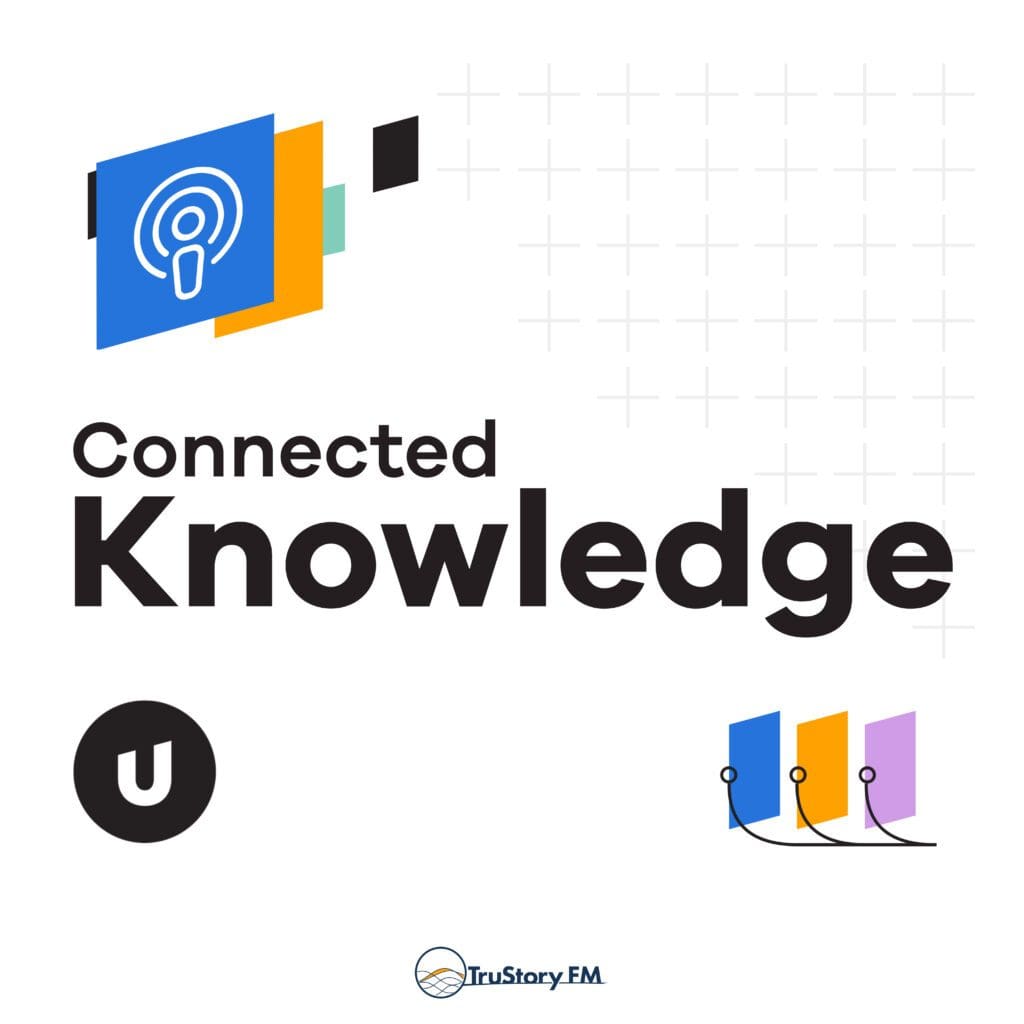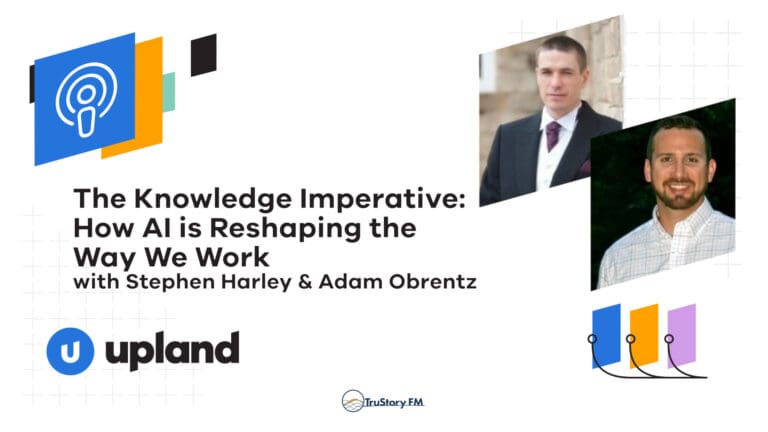Let’s start with a simple question: What happens to knowledge after it solves a problem?
In most organizations, the answer is… nothing. It dissolves into a Slack thread, hides in an inbox, or retreats into the quiet privacy of someone’s memory. But what if knowledge could do more than disappear? What if it could evolve?
This week on Connected Knowledge, Pete Wright sits down with Lana Kosnik, a certified KCS V6 trainer and consultant, to explore the intricate dance between knowledge and culture. Through the lens of Knowledge-Centered Service (KCS), they examine a radical idea: that documentation is not just an archive but a living system. And like any living system, it needs maintenance, coaching, feedback—and, above all, belief.
What unfolds is a conversation about loops—not linear progressions but circular processes of solving and evolving. About coaching not as performance management but as a kind of apprenticeship. About AI not as a threat but as a student learning from the stories we already tell.
There are numbers here, too: faster resolutions, greater self-service, rising satisfaction. But beneath the metrics is something deeper: a shift in how we define expertise, authority, and the very act of knowing.
Links & Notes











